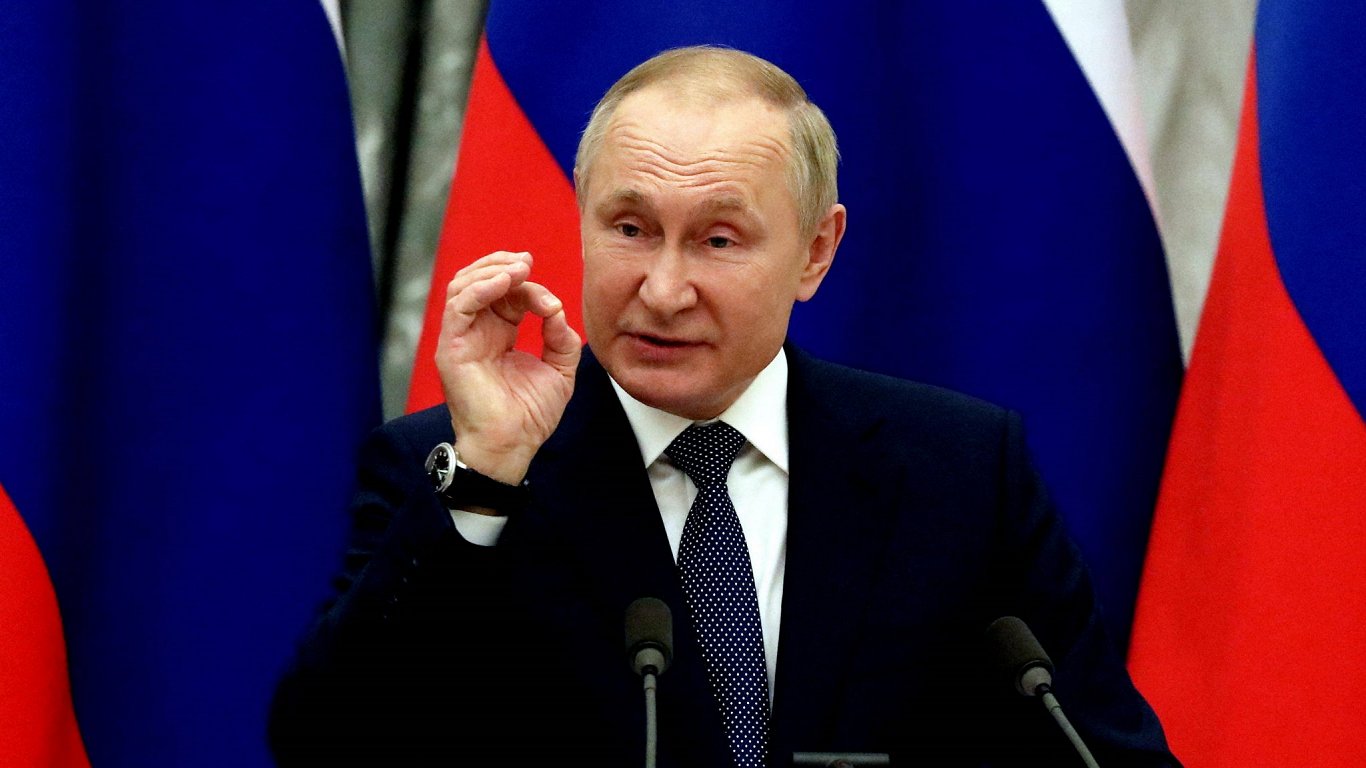KOMPAS.com – Freeze and evaporate, both of which are changes in the state of matter. What is the difference between events freeze and evaporate? Check out the description below for an explanation the difference between freezing and evaporating!
Change exists
The difference between freezing and thawing is the most basic thing that can be seen by the eye, namely the change in form.
Freezing is the change of a liquid into a solid. Meanwhile, evaporation is the change of a liquid into a gas.
Also read: Changes in the Form of Objects
Reason
Freezing and thawing events are distinguished by the cause of their occurrence. Freezing is caused by cooling or releasing heat from a liquid. The release of heat in a liquid until its temperature drops to its freezing point will cause the substance to freeze.
Meanwhile, evaporation is caused by heating a liquid. Giving heat or heating a liquid until its temperature rises to its boiling point, will make the substance evaporate into a gas.
Type of heat release reaction
The difference between freezing and evaporating Next is the type of heat release reaction. Freezing is an exothermic reaction, while evaporation is an endothermic reaction.
Reported from Lumen Learning, exothermic reactions are reactions that release heat energy. Meanwhile, endothermic reactions require or absorb heat from the outside.
Also read: Examples of Yawning Events in Everyday Life
Freezing is an exothermic reaction. This is because a substance releases its heat into the surrounding environment to change its state into a solid.
Meanwhile, evaporation is an endothermic reaction. Because, substances absorb heat from the outside environment to change into a gas.
Kinetic energy
All matter in the world has kinetic energy or kinetic energy. Solid objects that appear to be forgiven, are actually composed of moving molecules.
However, the movement of these molecules is so small that they cannot be seen and felt by humans. The state of kinetic energy is the next difference between freezing and evaporation.
Also read: Examples of Freezing Events in Daily Life
In the event of freezing, cooling causes a decrease in kinetic energy. While in the event of evaporation, heating causes an increase in kinetic energy.
This is the same when the weather is cold and hot. Cold weather makes us lazy to move and want to stay indoors to sleep. Meanwhile, the hot weather makes us more eager to move and go out.
Intermolecular bonds
The difference between freezing and evaporation is the bond between the molecules. All existing matter is composed of molecules bonded to one another.
Strong bonds between molecules, making the substance solid. Meanwhile, weak bonds between molecules make the substance in the form of a gas.
Also read: Examples of Condensation Events in Everyday Life
Reported from Khan Academy, when a liquid is heated in the event of evaporation, the kinetic energy of the molecules will increase and cause the molecular bonds to break. The molecules then disperse to form a gas.
Yawning can be likened to a group of children in a hot room. The hot temperature makes the energy of the children rise, they will scatter running here and there or out of the room to play.
Meanwhile, when a liquid is cooled it freezes. The kinetic energy of the molecule will decrease, causing the molecule to have no strength to break the molecular bonds. These molecules will bond more tightly and form a denser substance.
The freezing event can be likened to a group of children in a cold room. The cold temperature makes the children’s energy down. They would stay indoors, close to each other to warm each other or fall asleep.
Get updates news of choice and breaking news every day from Kompas.com. Let’s join the Telegram group “Kompas.com News Update”, how to click the link https://t.me/kompascomupdate, then join. You must first install the Telegram application on your cellphone.–


